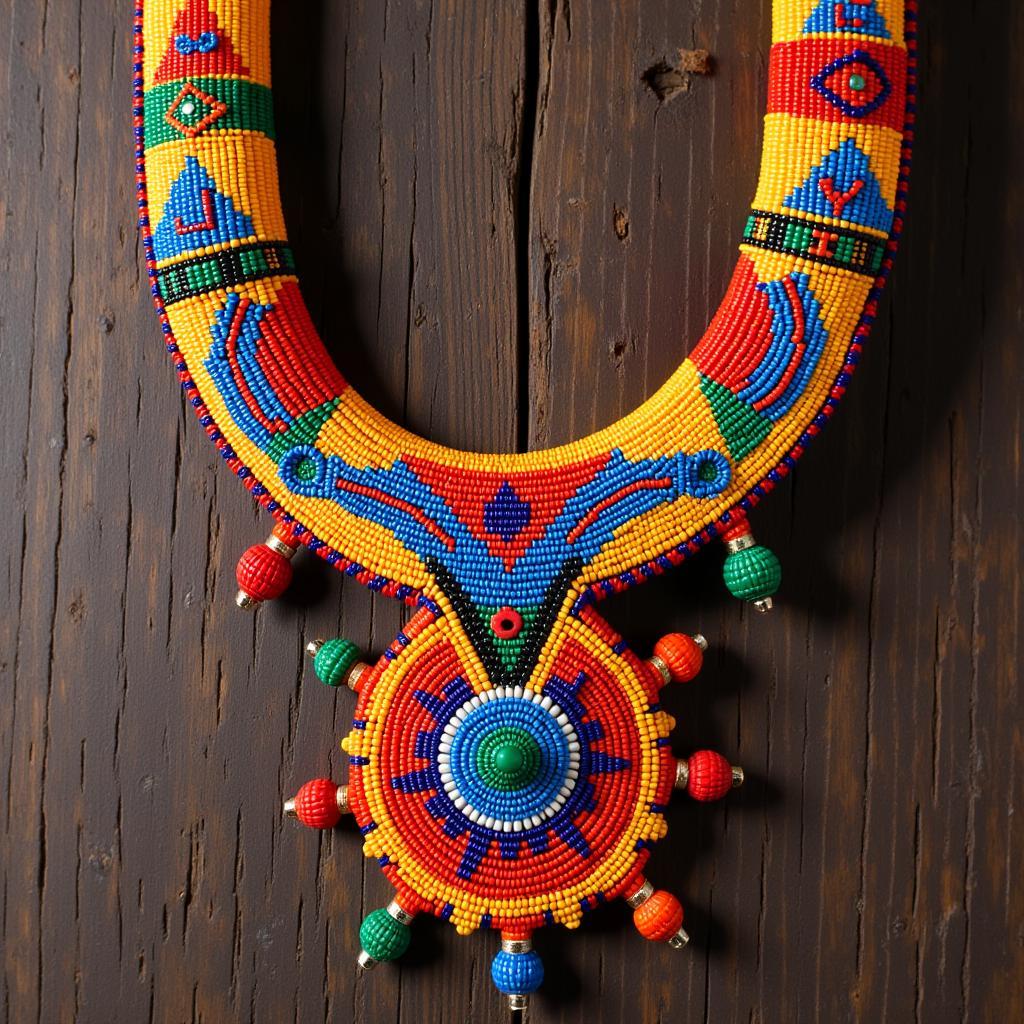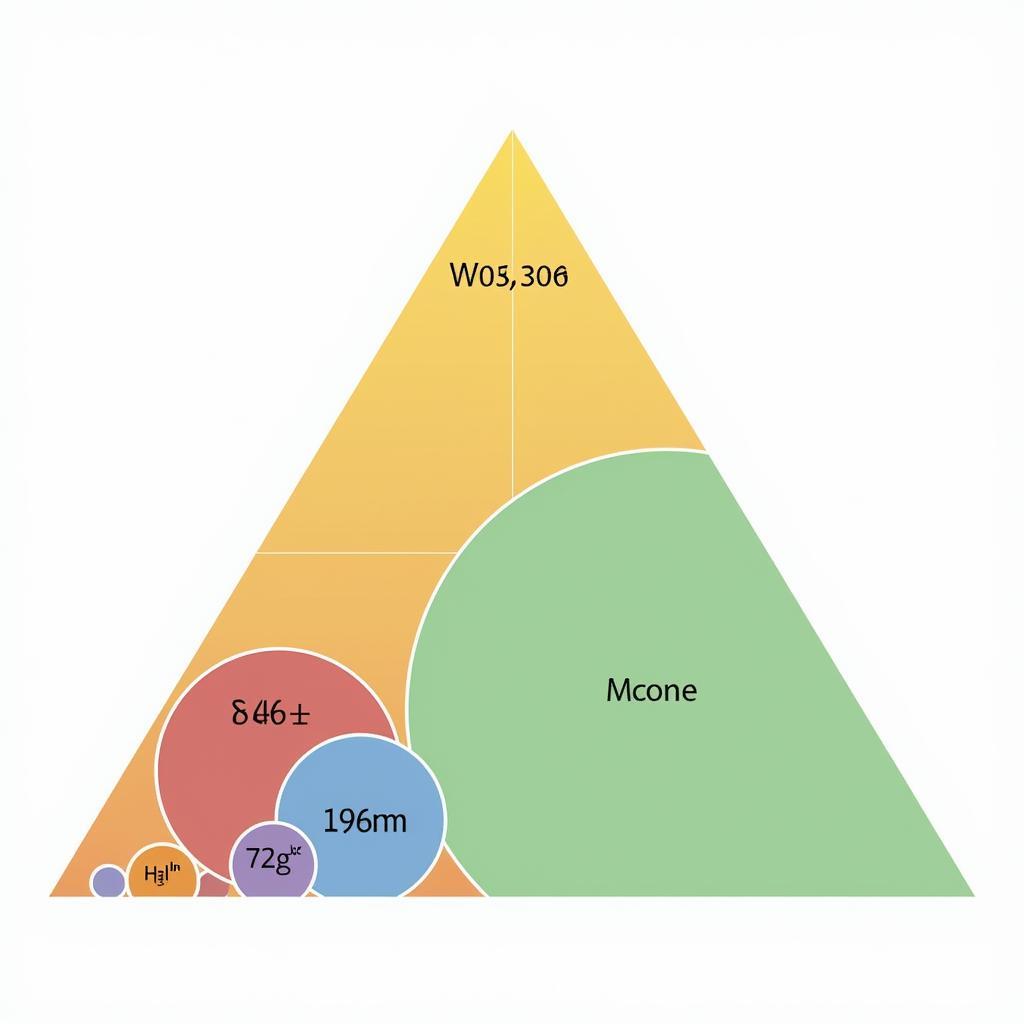African Beach Dance: A Celebration of Rhythm and Culture
The allure of the African coastline is undeniable, with its pristine sands and azure waters. But beyond the breathtaking scenery, a vibrant tapestry of culture unfolds on these very beaches. African Beach Dance, a pulsating heart of coastal communities, blends tradition and celebration in a captivating spectacle.
The Rhythms of the Coast: More Than Just Movement
African beach dance is much more than just choreographed steps; it’s a language, a way of life. It’s a bridge connecting generations, passing down stories, myths, and traditions through the power of movement. From the energetic Gwara Gwara of South Africa to the graceful Agbadza of Ghana, each dance tells a story, reflecting the history, beliefs, and values of its people.
A Fusion of Cultures: Influences and Evolution
Over centuries, African beach dances have evolved, absorbing influences from Arabic, European, and Caribbean cultures through trade and migration. These external influences have intertwined with indigenous rhythms and styles, creating a mesmerizing fusion that reflects the continent’s dynamic cultural landscape. The result? A unique blend of tradition and modernity, where ancient steps meet contemporary flair.
What Makes African Beach Dance Unique?
Several key elements set African beach dance apart:
- Rhythm and Percussion: The heartbeat of these dances lies in the pulsating rhythms of drums like the djembe and the talking drum. The music dictates the tempo and energy, creating an irresistible call to move.
- Call and Response: Often, a lead dancer initiates movements, with the group responding in unison, creating a dynamic exchange of energy and a sense of community.
- Footwork and Body Isolations: Intricate footwork and the ability to isolate different body parts are hallmarks of many African dance styles. It’s this precision and control that create the mesmerizing fluidity of movement.
Experiencing African Beach Dance
For travelers seeking authentic cultural experiences, African beach dances offer a vibrant window into the soul of the continent.
Where to Find African Beach Dances?
Many coastal communities have regular dance performances, especially during festivals and celebrations.
- Senegal: The beaches of Dakar come alive with the energetic Sabar, a dance integral to Wolof culture.
- Ghana: Experience the vibrant Kpanlogo, a recreational dance originating from the streets of Accra, often performed on beaches during celebrations.
- South Africa: The Eastern Cape’s Xhosa people are known for their captivating Umxhentso, a dance that often takes place on beaches, celebrating their heritage.
Tips for Respectful Engagement:
- Observe before Participating: Take time to observe and appreciate the dance before joining in.
- Ask for Guidance: Don’t be afraid to ask for guidance from local dancers; they’re usually happy to share their traditions.
- Dress Appropriately: While beach attire is common, consider a wrap or sarong as a sign of respect, especially if joining a more traditional performance.
African Beach Dance: A Cultural Legacy
From celebrating harvests to honoring ancestors, African beach dances are more than just entertainment; they are a living testament to the continent’s rich heritage. These dances connect the past with the present, offering a glimpse into the heart and soul of Africa’s coastal communities. So, the next time you find yourself on an African beach, listen for the rhythmic pulse of the drums, witness the vibrant costumes, and let the energy of African beach dance transport you to a world of cultural immersion and pure joy.
FAQs:
1. What is the significance of the costumes in African beach dance?
Costumes play a vital role, often representing different regions or social statuses. Bright colors, intricate beadwork, and symbolic patterns all contribute to the visual storytelling of the dance.
2. Are there specific occasions when these dances are performed?
While some dances are performed regularly, others are reserved for special events like weddings, funerals, festivals, and ceremonies.
3. Can anyone participate in African beach dances?
Absolutely! While respect for local customs is essential, many communities welcome visitors to join in the celebration, fostering cultural exchange through dance.
Looking for more insights into African culture?
- Explore the vibrant tapestry of African holidays in October.
- Discover the challenges faced by communities with limited access to water in our article on the African child no water crisis.
Contact us for more information and travel guidance:
- Phone: +255768904061
- Email: kaka.mag@gmail.com
- Address: Mbarali DC Mawindi, Kangaga, Tanzania.
Our dedicated team is available 24/7 to assist you.



